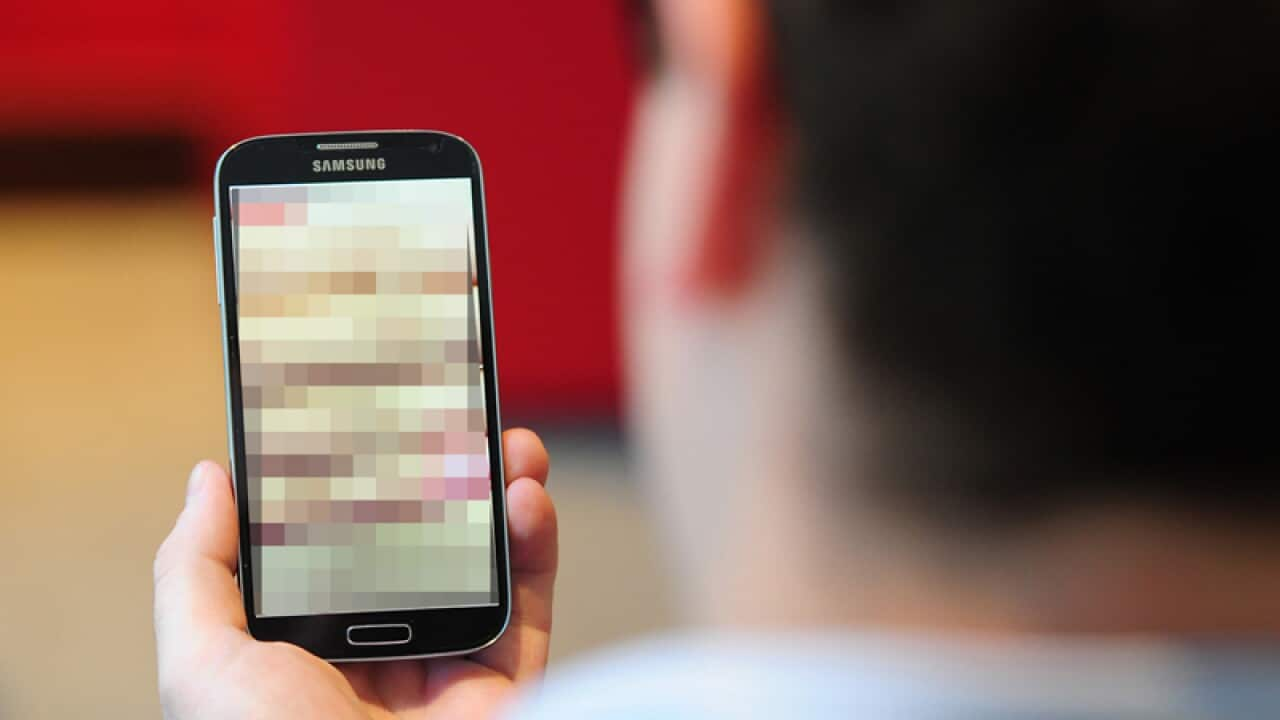Criminologist at Melbourne's La Trobe University, Dr Nicola Henry, wants the federal government to follow the lead of South Australia and Victoria to introduce laws to prosecute people who distribute intimate or sexually explicit images of their former partners without their consent.
Plans for the new laws are part of the NSW government's response to a parliamentary justice committee inquiry into privacy.
The committee's report will be tabled in parliament on Monday.
"There have been cases that have been reported, where people have committed suicide."
In Victoria and South Australia, penalties for distributing such images include large fines and jail terms of up to two years - punishments that Dr Henry agrees with.
"It’s very important to have (such) criminal offences in place federally because it communicates that if there’s no consent to share an image, then that image should be kept private," Dr Henry said.
"There was a senate inquiry at the federal level which recommended in March this year that a new criminal offence be put in place at the federal level and to amend the telecommunications legislation.
"There has also been a private member’s bill that was advocated by two Labor MPs in 2015, calling for a new federal offence to criminalise such behaviors."
Dr Henry said there are several behavioral and physiological impacts of 'revenge porn' or as she calls it, 'image based sexual abuse' on victims, which could lead to depression and even suicide.
Related reading

US bill aims to criminalise revenge porn
"There have been cases that have been reported, where people have committed suicide," she said.
"There was a case in New Zealand where a teenage boy shared an image of himself with a girlfriend, where the girl later distributed them on. This led to bullying and the boy was put under suicide watch.
"The images can lead to people losing jobs and not getting a job. It’s quit common for potential employers to be searching online for potential applicants. There are also psychological impacts for people about where the images are, who has the images, what people are doing with them."
Dr Henry said examples occur frequently in domestic violence situations.
"People are using the threat of distributing images of their partners as another form of abuse, or they are distributing the images to friends and family members as a way to get revenge against a partner has left them," she said.
"It’s important to consider the harms as being psychological and social."
NSW Attorney-General Gabrielle Upton said in a statement on Monday: "No one has the right to share explicit photos without consent and new laws will protect people and make it clear this kind of behaviour is totally unacceptable."
"These images can have a devastating emotional and social effect on the person pictured and can be used as a way to deliberately humiliate, control or harass the intended victim," she added.
With AAP










